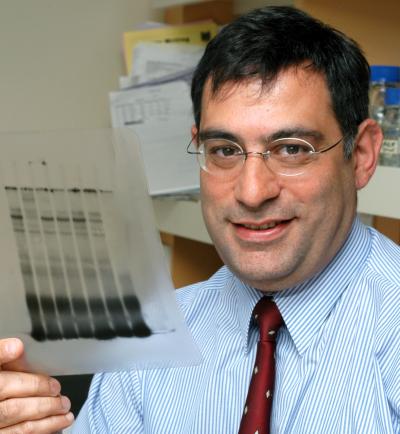 Dear Retraction Watch readers:
Dear Retraction Watch readers:
Maybe you’re a researcher who likes keeping up with developments in scientific integrity. Maybe you’re a reporter who has found a story idea on the blog. Maybe you’re an ethics instructor who uses the site to find case studies. Or a publisher who uses our blog to screen authors who submit manuscripts — we know at least two who do.
Whether you fall into one of those categories or another, we need your help. Continue reading Retraction Watch readers, we need your help to be able to continue our work







